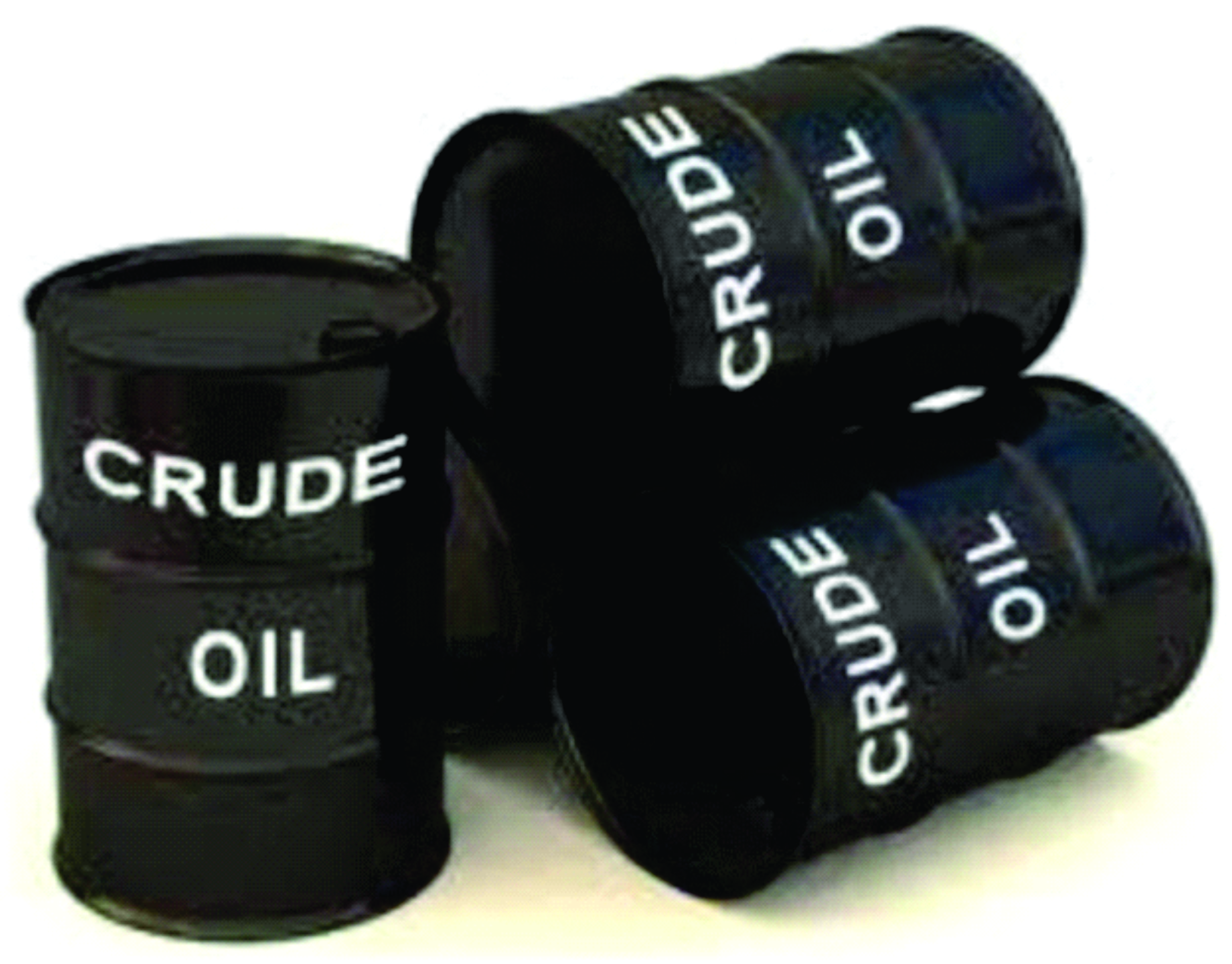CRUDE prices trended lower on Thursday after the Energy Information Administration (EIA) reported a weekly build in crude oil inventories at 6.8 million barrels.
Brent crude traded at $61.35 a barrel while West Texas Intermediate (WTI) traded at $52.62 a barrel.
WTI had fallen to a session low of $50.66 after the report, the lowest level since Jan. 15. WTI was down $2.19, or 4.1 per cent, at $51.29 a barrel.
Brent futures had also sank as low as $59.45, also its lowest since mid-January. Brent was last down $1.78, or 2.9 per cent, at $60.19 a barrel.
A day earlier, the American Petroleum Institute (API) estimated inventories had gone up by 3.545 million barrels last week, with gasoline inventories also swelling. The report contributed to an already present downward drag on prices.
At 483.3 million barrels, the EIA said, crude oil inventories were some five per cent above the seasonal average.
In gasoline, the authority reported a build of 3.2 million barrels for the week to May 31. This compares with a decline of 600,000 barrels a week earlier. Gasoline production averaged 10 million bpd last week, compared with 10.1 million bpd a week before.
In distillate fuels, the EIA also reported an inventory build, of 4.6 million barrels for last week, which compares with a minor draw of 200,000 barrels a week earlier. Refineries churned out 5.4 million bpd of distillates last week, up from 5.1 million bpd a week earlier.
ALSO READ:Oil sinks as US pressures OPEC to lower crude prices
The EIA figures for crude oil will hardly provide any relief for prices as trade war-related concern about the global economy deepens. Earlier this week, Deutsche Bank said in a note to clients the tariff push by Washington has so far cost the U.S. financial market some $5 trillion in lost stock appreciation opportunities. According to the bank, the average annual stock growth rate since 2009 has been 12.5 per cent but in the past 12 months, this has slumped to less than one per cent mainly on the back of the U.S.-China trade war.
In addition to this concern, Rosneft’s Igor Sechin yesterday spoke out openly against an extension to the production cuts into the second half of the year and said Rosneft would seek compensation from the Kremlin if it decides to stay in the deal.

 Health6 days ago
Health6 days ago
 Entertainment1 week ago
Entertainment1 week ago
 Crime6 days ago
Crime6 days ago
 Education1 week ago
Education1 week ago
 Health1 week ago
Health1 week ago
 Comments and Issues7 days ago
Comments and Issues7 days ago
 Football1 week ago
Football1 week ago
 Latest7 days ago
Latest7 days ago













